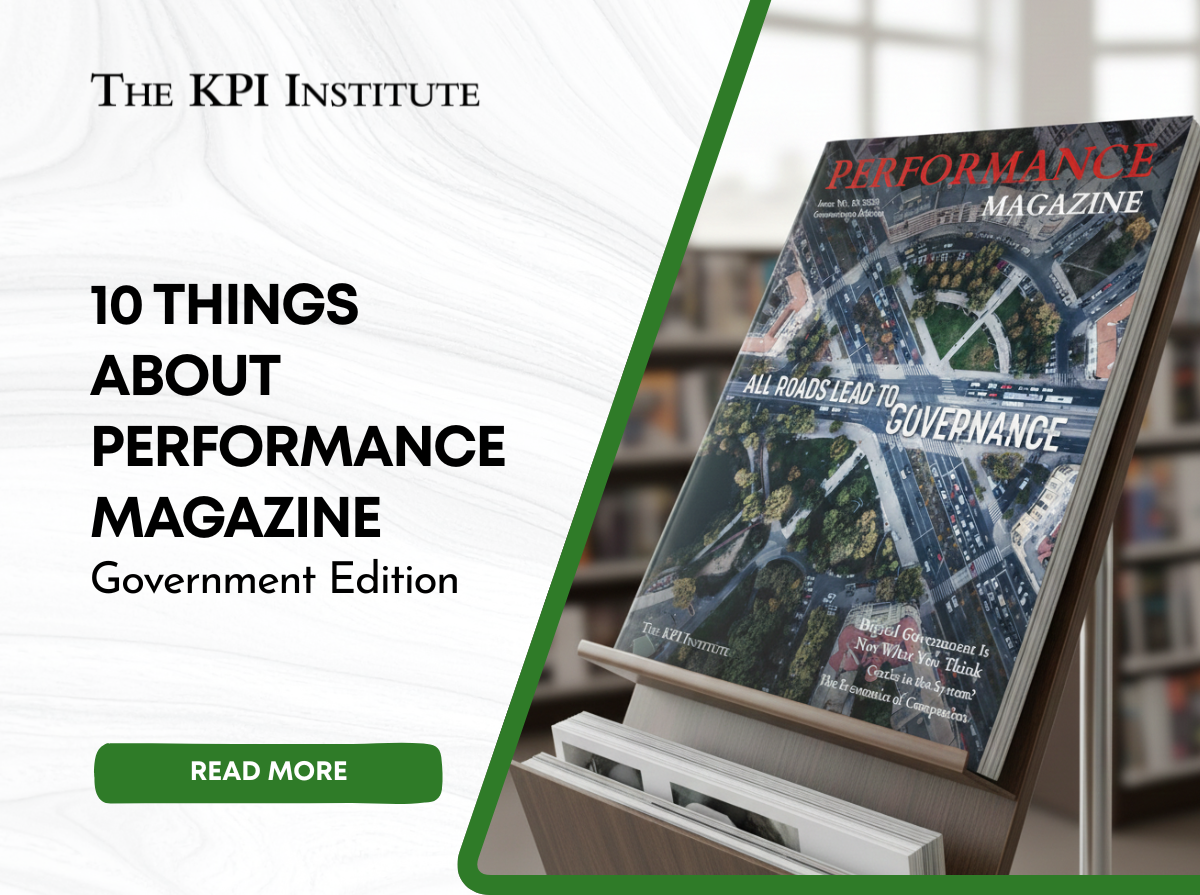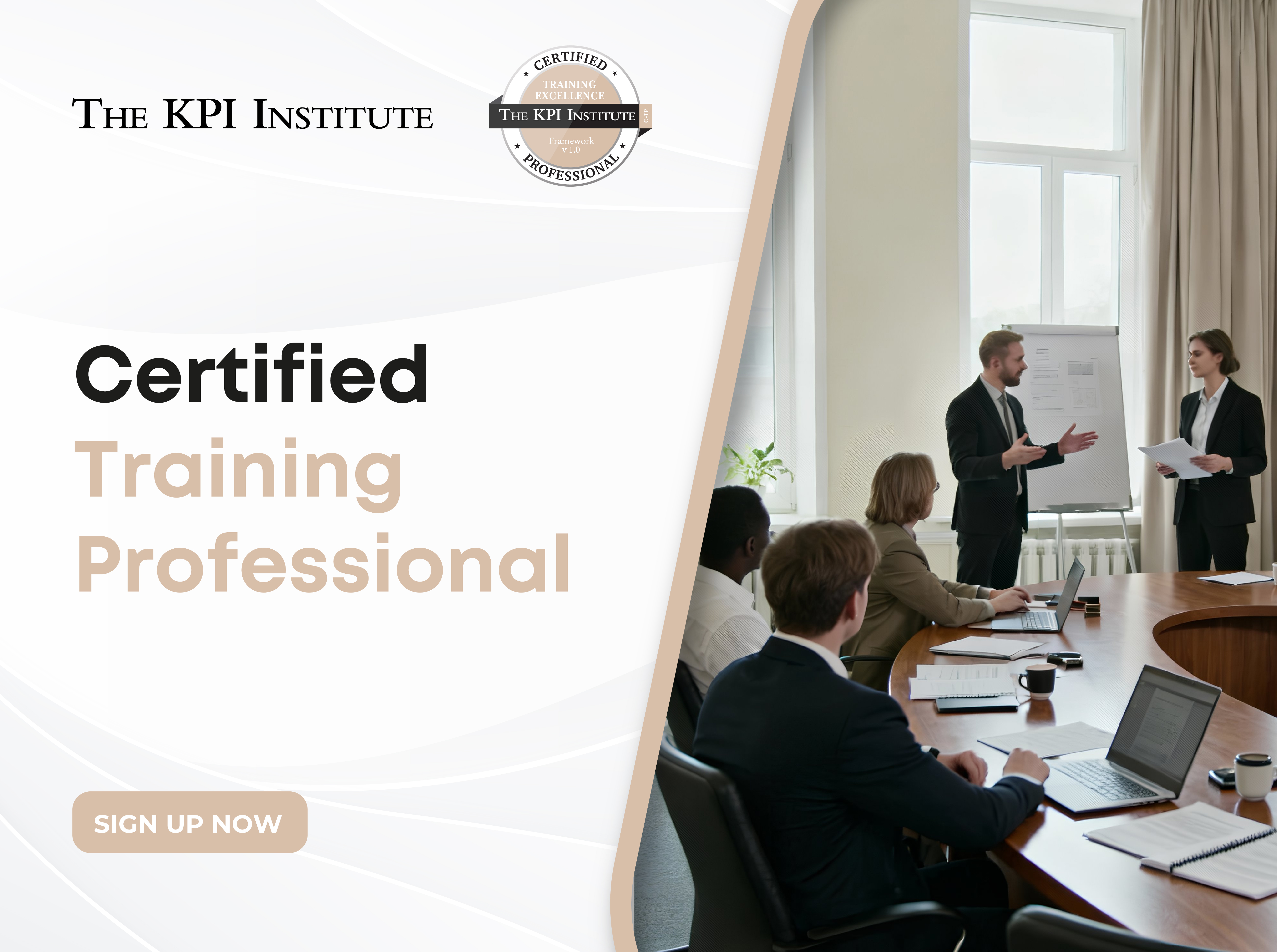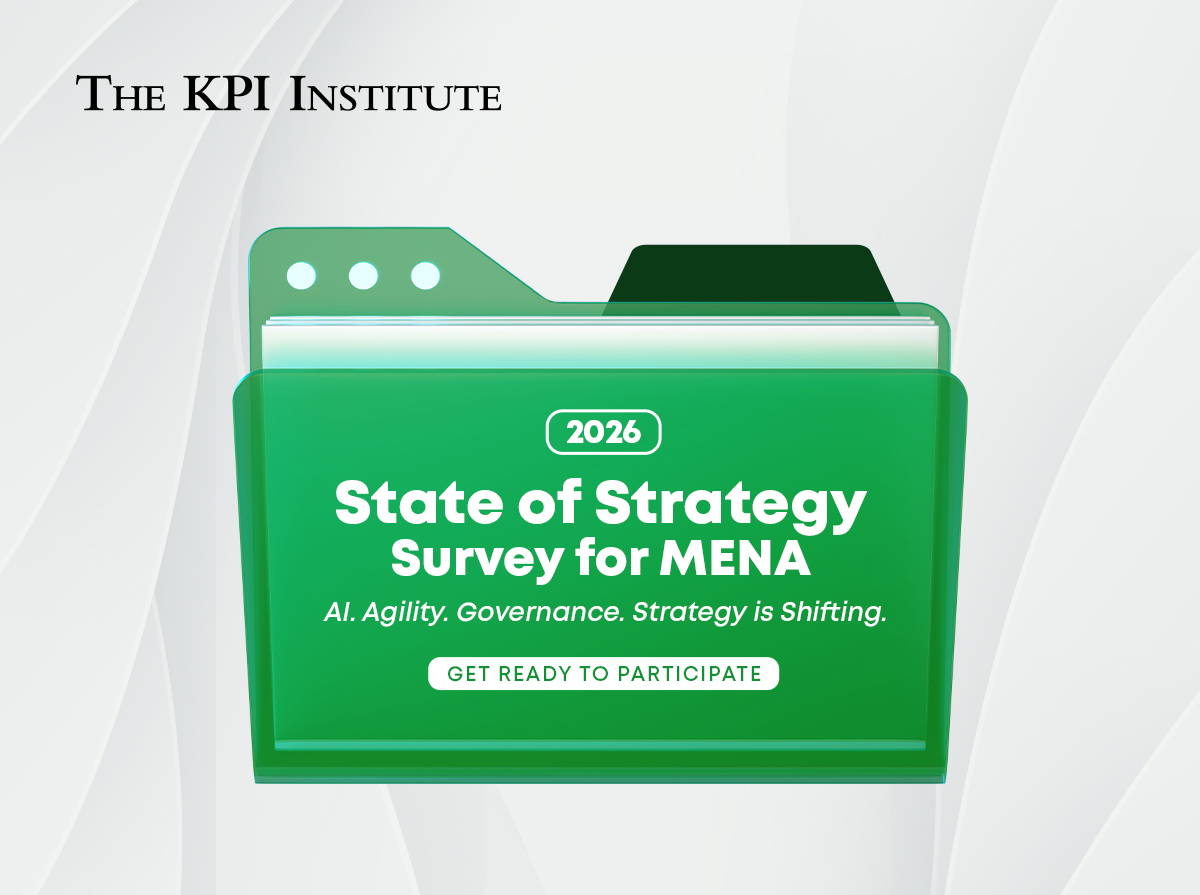What Experts Say About the Benefits of Implementing OKRs

OKR stands for Objectives and Key Results. It is a goal management framework that contains a maximum of five objectives and five key results for each objective. OKR, an approach successfully adopted by Google, connects vision and reality in an organization. With the OKR methodology, everyone’s work is aligned and focused on achieving the same goals.
When done right, OKR can be beneficial for organizations, especially when there are a lot of uncertainties. According to a survey held by Mind the Product and NEO culture, companies consider increased transparency across their organization as the main benefit of using OKR. More than half of the respondents reported being able to monitor and update the probability of key result achievements.
Andrew Constable, founder of early-stage business & product consultancy firm Visualise Solutions, said that OKRs help build a “culture of shared purpose.” He points out that under OKR, everyone is moving in the same direction and working on things that truly matter.
Alina Miertoiu, a senior management consultant at The KPI Institute, explained in her article “OKR Essentials – Simplified Performance Management” that the OKR approach asks the questions, “Where do I want to go?” “How will I know I’m getting there?” and “What will I do when I arrive?”
She believes that OKRs are suitable for agile organizations because their work requires regular updates and is open to changing goals and results. An OKR-focused system can help organizations take higher-risk objectives instead of operational ones. The methodology also leads to higher employee engagement because it encourages employees to be creative and take risks.
Alignment, not cascading, is key to OKRs, according to Alina. “When setting their own OKRs, employees should take into consideration their own responsibilities, the strategic direction, the already-established OKRs or the management’s aspirations in the organizational context,” she wrote.
“It is recommended that an employee’s OKRs are actionable by that person, so it’s harder to assign OKRs or create a set of general OKRs for a position,” she added.
If you would like to explore further how your organization can benefit from using OKRs, Alina is facilitating The KPI Institute’s Certified OKR Professional Live Online training course on 21 – 25 February 2022.
Discover the benefits of stretched goals, understand how OKRs work in different contexts, and identify best practices for aligning OKRs across the organization. Experience developing a comprehensive project plan for an OKRs implementation and creating communication templates to gather data for OKRs measurement.
Get more details about the course and register here.








